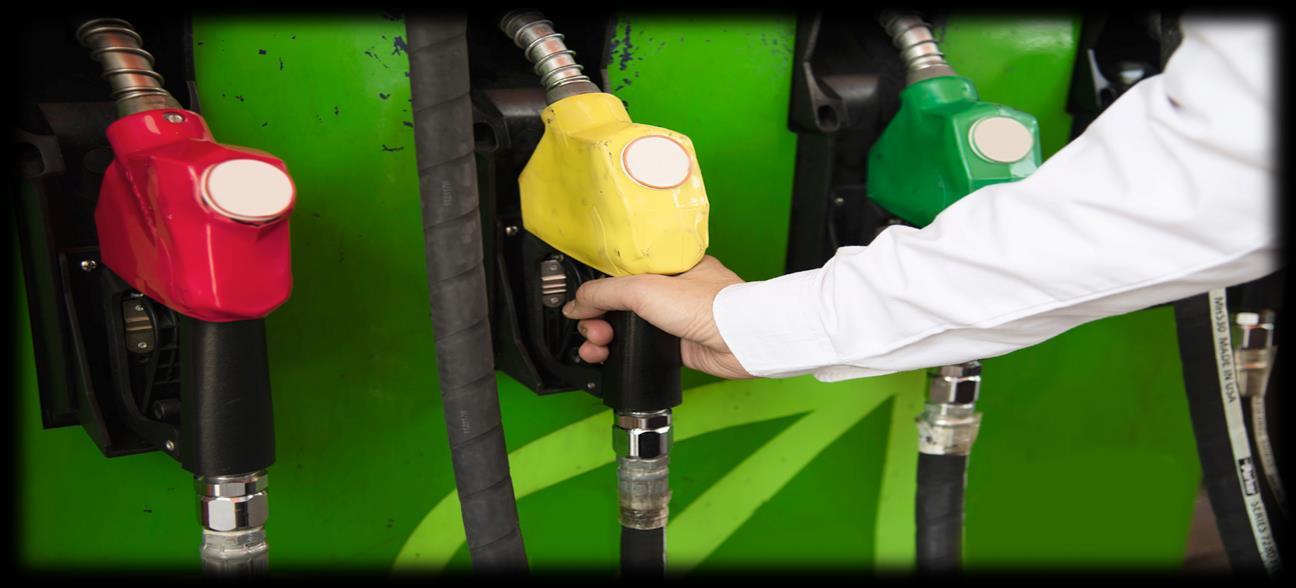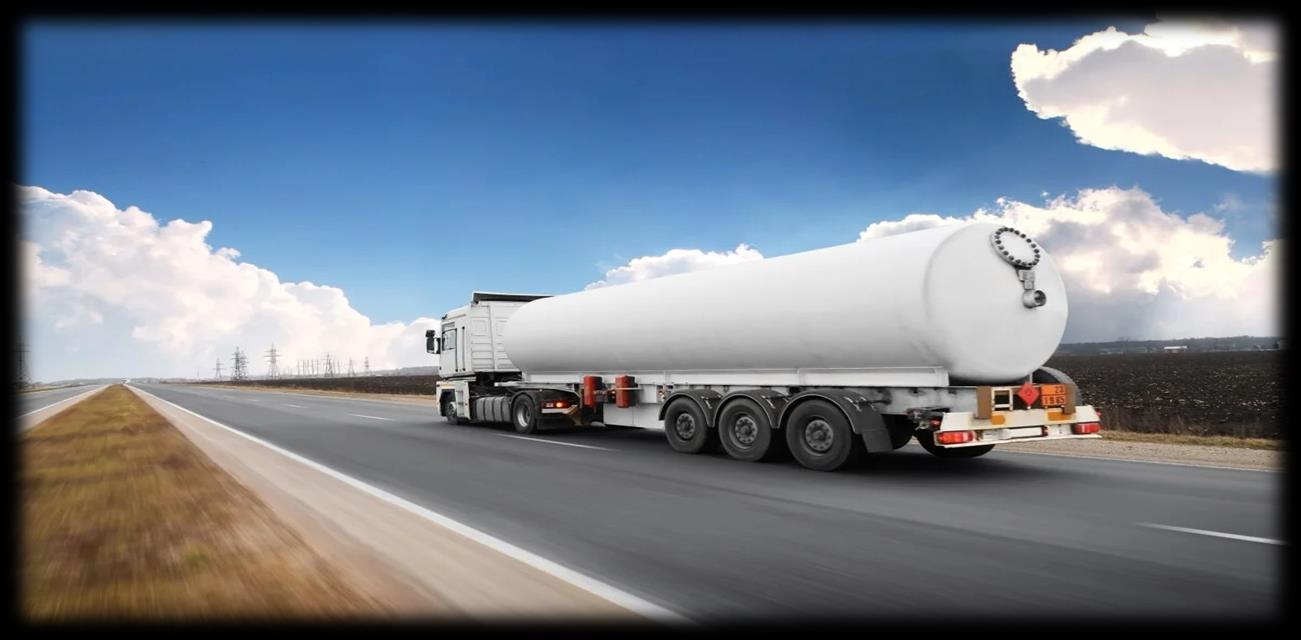








Nowadays, a fuel supplier is more than just a distributor of energy products. Their responsibilities extend to ensuring stable access to critical fuels, maintaining quality standards, and adapting to shifting global trends.
Whether they are a neighborhood oil supplier serving households or a multinational oil company managing vast global networks, their competitiveness hinges on efficiency, transparency, and innovation.
To understand competition better, let’s look at how fuel suppliers operate at different scales.
Scale Primary Focus Strengths Challenges
Local Fuel Supplier Community-based, direct customer service
Regional Supplier Larger business networks, logistics focus
Global Fuel Supplier International trade, mass distribution
Personal relationships, flexible deliveries, quick response
Economies of scale, better pricing strategies
Global presence, strong brand, vast infrastructure
Limited resources, smaller supply networks
Competition from both local and global players
Geopolitical risks, sustainability pressure, complex compliance



Local fuel suppliers often thrive on personal connections and community trust. They may not have the infrastructure of a large oil company, but they compensate with:
Customer-Centric Service: Personalized attention, faster response times, and tailored delivery schedules.
Flexibility in Operations: Small diesel suppliers or heating oil distributors can adapt quickly to customer needs, such as urgent deliveries during peak demand.
Niche Specialization: Many local businesses specialize in a specific type of fuel, like diesel for agriculture or heating oil for residential areas, giving them an edge in their niche markets.
Regional players are larger than local businesses but smaller than multinational corporations. Their advantage lies in economies of scale and stronger logistics.
Strategic Pricing: Regional suppliers, including gasoline suppliers, leverage larger purchasing power to offer competitive pricing.
Diversified Distribution Channels: They may supply both households and industries, ensuring steady demand across different sectors.
Infrastructure Development: With larger fleets and storage capacity, regional suppliers can handle disruptions better than local businesses.
These strengths allow them to compete effectively against both local rivals and global giants. Many also partner with an oil company to secure a steady supply and enhance market reach.



Global oil companies and multinational fuel suppliers operate on a completely different scale. Their strategies include:
International Trade: Securing crude oil, refining it, and distributing products like gasoline and diesel across continents.
Brand Trust: Large global suppliers build reputations over decades, making them the first choice for multinational corporations needing consistent supply.
Investment in Technology: Global players heavily invest in refining technologies, renewable alternatives, and AI-driven logistics.
Sustainability Commitments: Facing pressure from governments and consumers, global suppliers lead the transition toward greener fuels and carbon-neutral operations.
These combined strategies create a powerful competitive edge, allowing global fuel suppliers to dominate international markets. As industries evolve, their adaptability and scale ensure longterm relevance in the global energy transition.
Regardless of their scale, every fuel supplier shares common strategies to stay competitive:
1. Technology Integration: GPS-based delivery tracking, smart meters, and automated ordering systems.
2. Transparency: Clear communication about pricing and service terms builds trust.
3. Customer Support: 24/7 helplines and app-based customer dashboards.
4. Sustainability: Adoption of biofuels, carbon offset programs, and eco-friendly delivery fleets.
5. Logistical Efficiency: Route optimization and backup supply chains to prevent shortages.
Some fuel suppliers start local but grow into regional or even global players. The journey often involves:
Expanding Infrastructure – Building storage facilities and transport fleets.
Partnerships and Mergers – Collaborating with or acquiring smaller suppliers.
Diversification – Expanding from diesel and gasoline supply into renewable fuels.
Compliance and Certification – Meeting international safety and environmental standards.
This scalability shows how adaptability and foresight allow small businesses to compete with giants. Even an independent fuel supplier can leverage these strengths to expand and thrive.



Operating in the fuel industry is not without hurdles.
Local Suppliers face rising costs and stiff competition from larger suppliers.
Regional Suppliers struggle to maintain pricing advantages while ensuring quality service.
Global Suppliers deal with geopolitical tensions, volatile oil prices, and regulatory scrutiny.
Despite these challenges, innovation and customer focus remain the driving forces for survival and growth.
The role of the fuel supplier is evolving in response to global energy transitions. With increasing emphasis on sustainability, suppliers are expected to invest more in renewable energy, digitalization, and eco-friendly distribution methods.
Local and regional players will likely specialize further, while global players will balance fossil fuel operations with investments in clean energy.



What differentiates a local fuel supplier from a global one?
Nowadays, choosing a fuel supplier depends on your needs; local suppliers offer personal service, while global fuel suppliers bring global resources and reliability.
How do regional oil suppliers stay competitive?
They leverage economies of scale, better logistics, and diverse customer bases to balance affordability and reliability.
Are gasoline suppliers adopting eco-friendly practices?
Yes, many are integrating biofuels, optimizing delivery fleets, and investing in renewable energy research.
Why is sustainability important for diesel suppliers?
Because diesel consumption is linked to emissions, diesel suppliers are adopting cleaner blends and carbon offsetting measures to reduce environmental impact.


Yes, with strategic investments, partnerships, and compliance with industry standards, many small suppliers have scaled into regional or global oil company.
From local communities to international markets, the strategies of a fuel supplier vary depending on scale. Local players thrive on relationships and flexibility, regional fuel suppliers focus on logistics and pricing, while global companies leverage infrastructure and brand power.
No matter the size, success comes down to innovation, transparency, and the ability to adapt in an evolving energy landscape. For customers, this means better service, greener practices, and a more reliable fuel future. Follow us for the latest updates and insights!